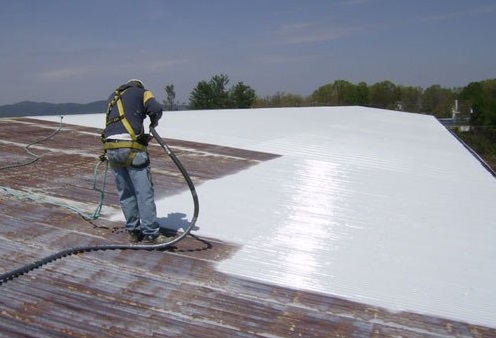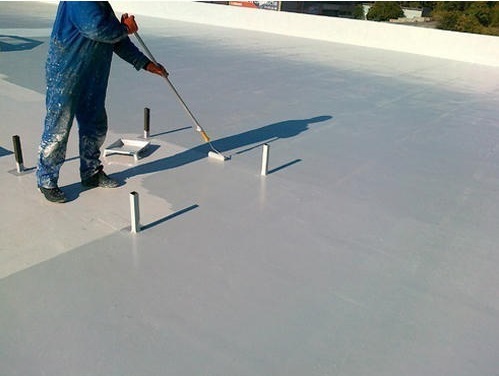Why Waterproofing is Important
Waterproofing concrete is a must for below-grade areas to prevent water intrusion and structural damage. Coastal areas like Florida can rely on allfloridaroofing.com to ensure their concrete structures are stable and safe in many areas of the world, areas of land at higher elevations have already been highly utilized, leaving the majority of areas for homes in low-lying areas, which are susceptible to floods.
Waterproofing is a must for below-grade concrete surfaces for a variety of reasons. The primary reason is pretty simple. You need to keep moisture from getting into the structure as it will cause permanent and very expensive damage. It is important to also protect the structural contents from water intrusion that can cause structural damage to the concrete or erosion to the steel. This can lead to catastrophic results and severe structural failure.
Concrete, by design, is a porous material. This means water passes through it by hydrostatic pressure, water vapor gradient or capillary action. Water can also enter at structural defects, cracks, or at improperly designed or installed joints. Waterproofing is also necessary in order to eliminate deterioration to the concrete that can occur from exterior and interior chemicals that are present at the building site. Chemicals can be just as damaging to concrete and steel as water.
Susceptibility of Concrete to Chemicals
Concrete is vulnerable to chemicals for three main reasons, all to do with its primary composition characteristics: permeability, alkalinity, and reactivity. Permeability to liquids and gasses is something that varies considerably according to the different type of concrete used. All concrete has some degree of permeability, so don’t listen to anyone who tells you differently. Permeability increases rapidly with an increasing water-to- cement ratio and with decreasing moisture or curing time. Fluids can entre into the concrete at weak points and is sometimes accompanied by chemical reactions with cement, aggregates and/or embedded steel if it is present.
Salt solutions can be more destructive to concrete through traditional weather freeze and thaw cycles than water alone. Damage from water or salt solutions can be minimized by an ensuring an adequate amount of intentionally entrained air within the concrete. This will allow high quality concrete to produce air bubbles of the correct size, spacing, and distribution, making it safer for construction purposes.
There are several chemicals that are destructive to concrete. These types of chemicals are often located in the soil or surrounding areas of a below-grade structure. The chemicals present can be harmful to the waterproofing barrier. Some of the more destructive chemicals to concrete are acid waters, ammonia vapors, aluminum chloride, ammonium sulfate, ammonium chloride, aluminum sulfate, ferric sulfide, and ferrous sulfate, which all can disintegrate concrete and attack the steel.
In the end, waterproofing is a necessary step to ensure the longevity of your home and to protect your, your family and your life.





